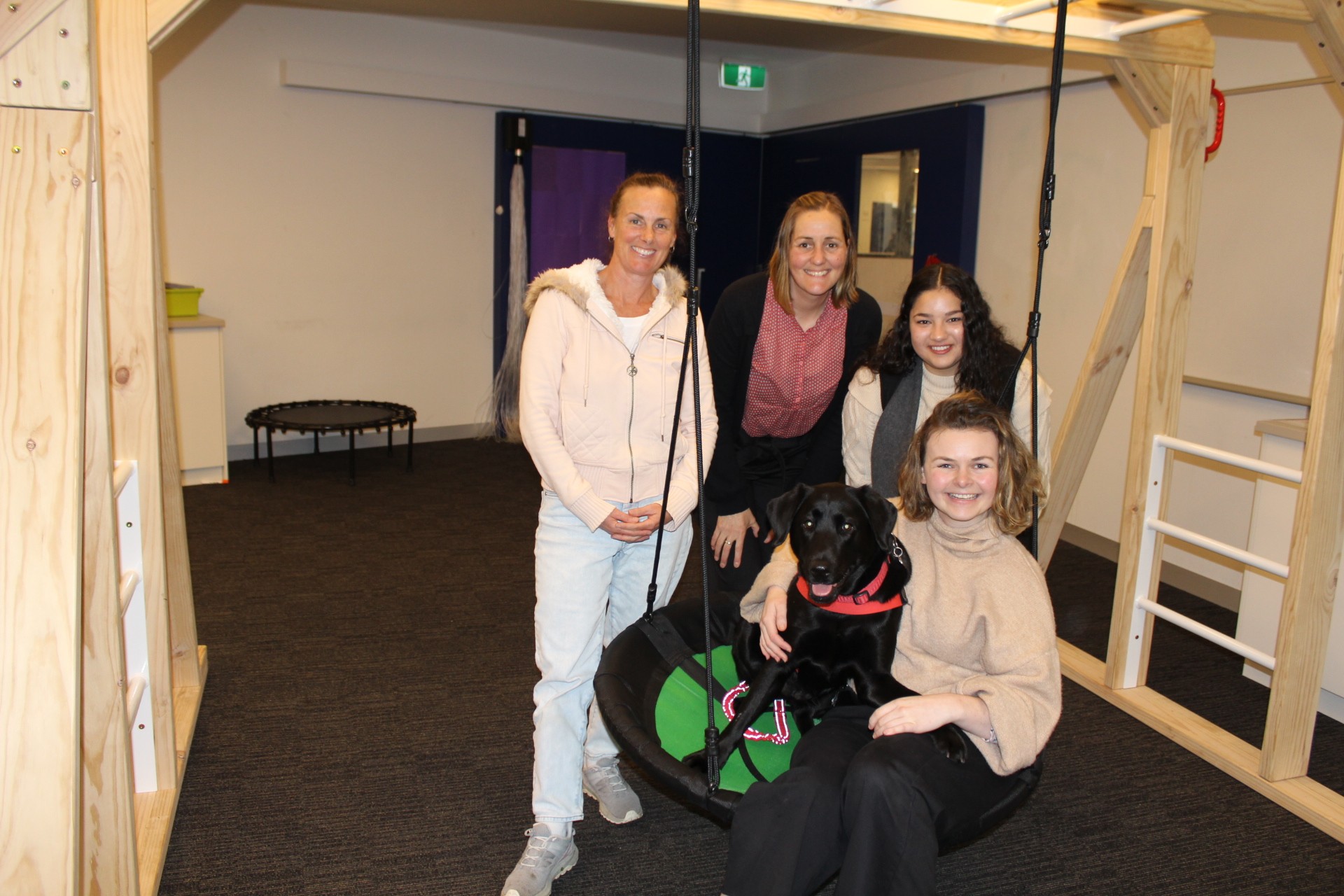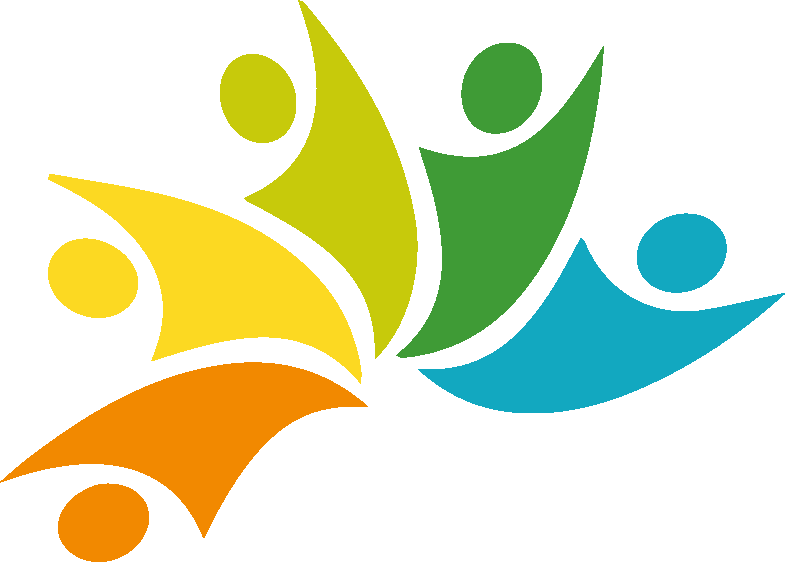Allied Health

Wellbeing at Hampton East School.
Hampton East School is committed to creating an inclusive learning environment that supports all students. Our Allied Health Team works with students, families and teachers to provide wellbeing and learning support.
Wellbeing ResourcesThe Allied Health Team.
Mental Health Practitioner
Our Mental Health Practitioner is a qualified social worker. She provides short-term mental health counselling for students with mild to moderate mental health issues, coordinates supports for students with complex needs, facilitates student groups, leads classroom activities on various wellbeing topics, contributes to whole-school mental health promotion, and upskills school staff on how to support young people’s wellbeing in the classroom. The Mental Health Practitioner contributes to whole-school wellbeing initiatives such as Resilience, Rights and Respectful Relationships (RRRR) and School-Wide Positive Behaviour Support (SWPBS).
More information about the Mental Health Practitioner initiative in Victorian schools can be found here: https://www.vic.gov.au/mental-health-practitioners-secondary-and-specialist-schools?Redirect=1
Speech Therapist
The speech therapists at Katandra Berendale works alongside teaching staff within the classroom to assist students to communicate as independently and effectively as possible. This may include working 1:1 or in small groups to focus on skills relating to;
- speaking
- listening
- understanding language
- reading
- writing
- social skills
- stuttering/voice
The speech therapists also supports students with life skills such as making friends, coping with change, understanding signs in the community and ordering at a café. Another key role of the speech therapist is to collaborate with private therapists that students may be working with in the community to provide consistency of services across the school and home environments. Parents are always welcome to contact the speech therapist at school to discuss their child’s communication needs. Please phone the school if you wish to refer your child to speech therapy services.
Occupational Therapist
The Occupational Therapist works alongside teaching staff within the classroom to conduct observations and assessments to identify individual goals, strengths and barriers to learning. Upon completion, the occupational therapist will recommend strategies or changes to the classroom environment to increase the students’ capacity to participate. This may include working 1:1 or in a small group to develop on skills relating to:
- Self-care tasks (dressing, toileting, handwashing)
- Fine motor skills (handwriting, typing)
- Gross motor skills (throwing, catching, jumping, skipping etc)
- Emotional regulation (recognising and understanding emotions)
- Sensory processing
- Social skills (turn taking, waiting, managing emotions with winning/losing, interacting with others appropriately)
Another key role of the occupational therapist is to collaborate with private therapists that students may be working with in the community to provide consistency of services across the school and home environments. Parents are always welcome to contact the occupational therapist at school to discuss their child’s OT needs. Please contact the school if you wish to refer your child to occupational therapy services.
